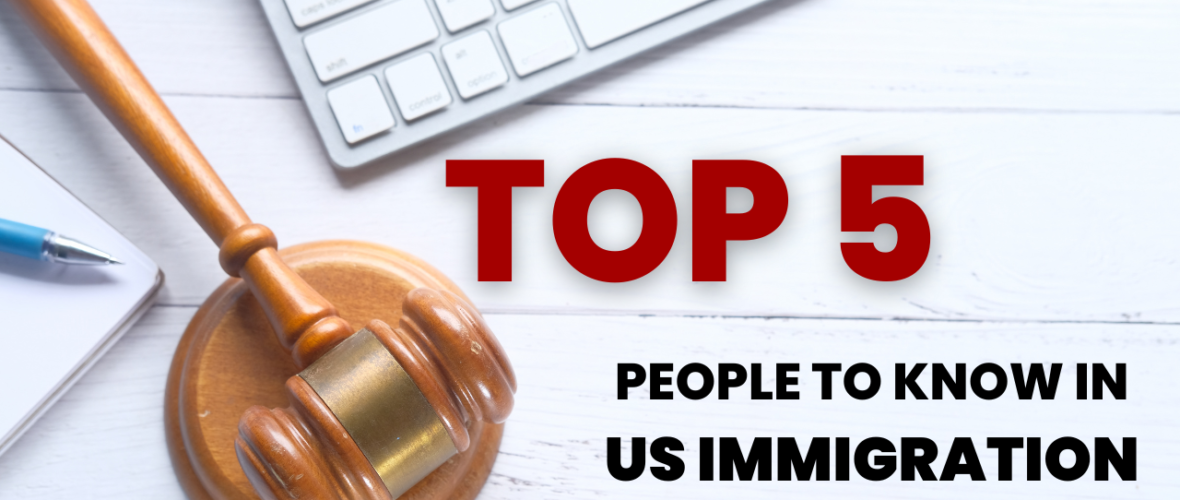

The Department of Homeland Security (DHS) is responsible for enforcing immigration laws, processing visa and green card applications, and providing assistance and support to refugees and asylum seekers.
As the head of DHS, Mayorkas has the power to shape and enforce policies that impact immigrants in the United States. For example, he can determine how visas and green cards are processed, how asylum claims are evaluated, and how immigration enforcement is carried out. Mayorkas is also responsible for managing and overseeing agencies such as U.S. Citizenship and Immigration Services (USCIS), U.S. Immigration and Customs Enforcement (ICE), and U.S. Customs and Border Protection (CBP), which are all involved in immigration matters.
USCIS is an agency responsible for processing and adjudicating applications for various immigration benefits, such as visas, green cards, and naturalization. USCIS also provides humanitarian services, such as asylum and refugee processing, and oversees the E-Verify program, which allows employers to check the eligibility of their employees to work in the United States.
As the head of USCIS, Jaddou has the authority to make changes to USCIS policies and procedures, which can impact the processing times and eligibility requirements for various immigration benefits.
ICE is responsible for enforcing immigration laws and conducting immigration enforcement activities, such as detaining and deporting individuals who are in the country without legal authorization.
The head of ICE has the power to shape and enforce policies that impact immigrants in the United States. For example, they can determine how and when ICE agents conduct raids and arrests, how detention centers are managed, and how deportations are carried out. They also oversee programs such as the 287(g) program, which allows state and local law enforcement agencies to partner with ICE to enforce immigration laws.
The actions and decisions of ICE can have a significant impact on the lives of immigrants and their families. This is particularly true for undocumented immigrants or those who have overstayed their visas, who are at risk of detention and deportation by ICE.
CBP is responsible for securing the country’s borders and regulating the flow of people and goods into and out of the United States.
For immigrants, the policies and strategies set by the head of CBP can have a significant impact on their ability to enter or remain in the United States. The head of CBP has the power to direct CBP officers to apply certain immigration policies, such as the level of scrutiny applied to visa applications or the amount of discretion officers have in granting humanitarian protections like asylum or parole. These policies can determine whether immigrants are able to enter or remain in the United States, or whether they will be detained, deported, or subjected to other forms of immigration enforcement.
The Head of Consular Affairs in the United States is responsible for overseeing the country’s diplomatic missions abroad and for providing various services to immigrants, including visa issuance and passport services.
Specifically, the Head of Consular Affairs oversees the visa application process and provides passport services to U.S. citizens as well as dual nationals. This includes issuing and renewing passports, providing emergency services for citizens who are abroad, and ensuring that U.S. citizens have access to consular services when they are traveling or living abroad.